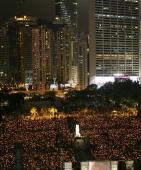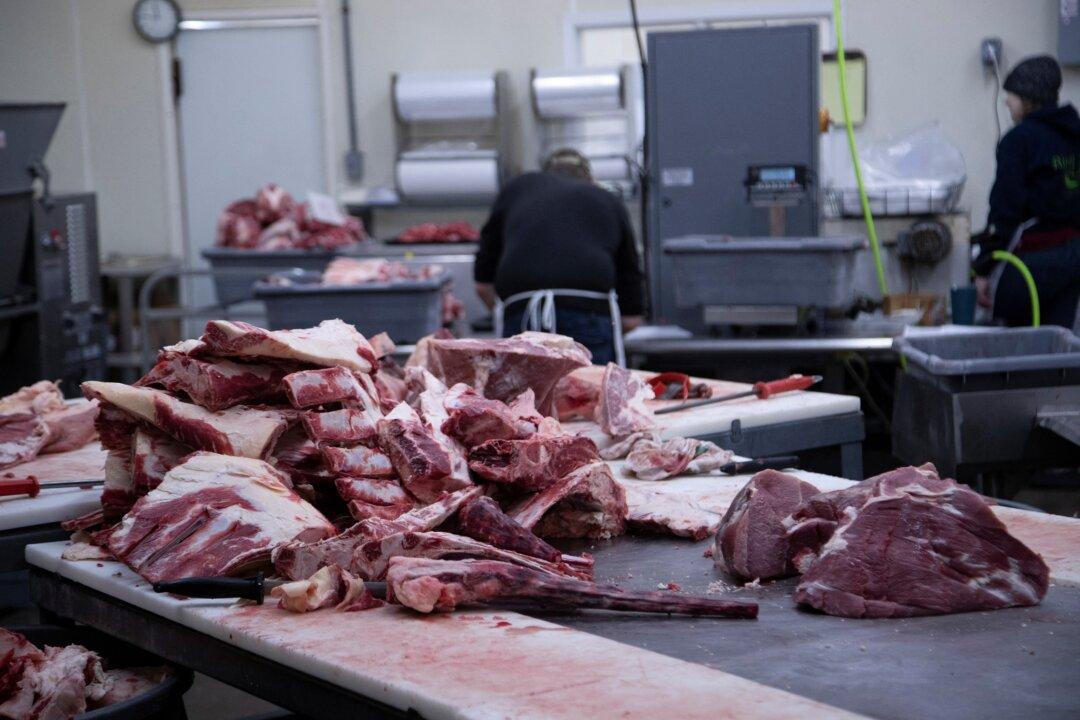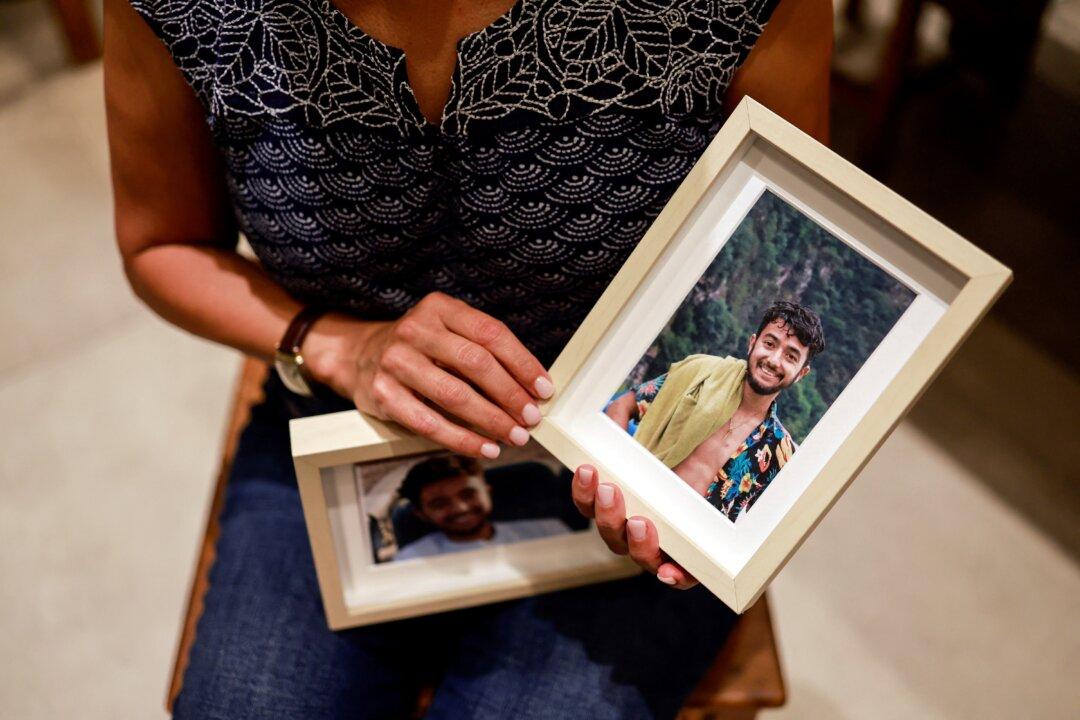BEIJING - Chinese police joined throngs of tourists in a crowded Tiananmen Square on Sunday, poised to head off any incidents to mark the anniversary of the bloody military crackdown on pro-democracy demonstrations 17 years ago.
With checkpoints at entrances to the square and sentries at subway stops, the security presence in and around China’s symbolic political heart appeared no more overt than usual.
But in line with the unspoken policy of “wai song, nei jin” -- relaxed on the outside, vigilant internally -- plainclothes policemen mingled with sightseers following their flag-waving guides, ready to pounce should one attempt to mark the day by unfurling a protest banner, kneeling to pray or laying wreaths.
The security ritual has occurred annually since June 4, 1989. That was when troops backed by tanks shot their way from the city outskirts to the edge of the square to end rallies for democracy that students had led there since mid-April when they had gathered to mourn the death of reformist leader Hu Yaobang.
Hundreds, perhaps thousands, were killed.
Students on the square on Sunday appeared more interested in the sights -- Mao Zedong’s mausoleum, the Great Hall of the People and the history museum flank the immense open space -- than in politics.
“Is today a special day? Is it your birthday?” said Qing Chaoyun, 23, a student from the northern province of Hebei when asked if she knew what anniversary it was.
“Oh, he’s talking about the trouble in 1989,” said her friend, who declined to give her name. “That was a very long time ago,” she said with a giggle.
WATCHFUL GAZE
Anniversaries or the deaths of popular leaders in China have often provided excuses for protest.
There was no special police presence on Fuqiang Hutong, where Zhao Ziyang -- the party secretary toppled in 1989 for sympathizing with the student protesters -- lived under house arrest for 15 years until his death in January 2005.
People walking into the alley toward the large red door of his home got little more than a hard stare from several men in plainclothes. Still, dissidents were rounded up ahead of the sensitive anniversary.
Seventeen years ago, students huddled in the night around the Monument to People’s Heroes in the center of Tiananmen Square, waiting for the military assault. It is cordoned off today.
After China declared martial law in May 1989, students knelt to block subway entrances -- many feared that’s where the soldiers might emerge -- and shouted: “Dare to die squad, I fear not death.”
Today, tourists emerge to file past uniformed sentries onto the square.
Ahead of the anniversary, the “Tiananmen Mothers”, relatives of victims of the crackdown, called on the government to reassess the demonstrations, which it has branded subversive.
In April authorities made a payment to the mother of one of those killed, the first case of government compensation. But Ding Zilin, a retired professor whose son died in the crackdown, has said she doubted it meant any softening of the official line.
Taiwan’s top opposition leader Ma Ying-jeou told Reuters that the Communists would have to politically reassess the Tiananmen protests sooner or later, and the earlier the better.
While protests in China proper appear unlikely, the southern city of Hong Kong was preparing its annual vigil to mark the crackdown, which has drawn hundreds of thousands to Victoria Park in the past. Last year’s count was just 45,000.
Protesters began to gather on Sunday evening before a stage with large banners saying, “Support the protection of rights in China” and “Overturn the verdict on June 4”. Wreaths surrounded a makeshift monument to those killed in Beijing.
Hong Kong was a British colony at the time of the Tiananmen massacre, returning to Chinese rule in 1997 with a special status allowing it to retain much of its political and social lifestyle.





